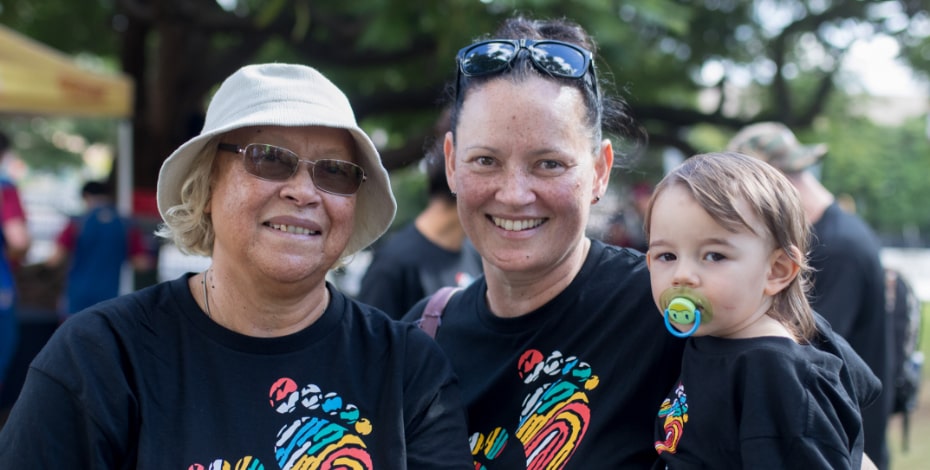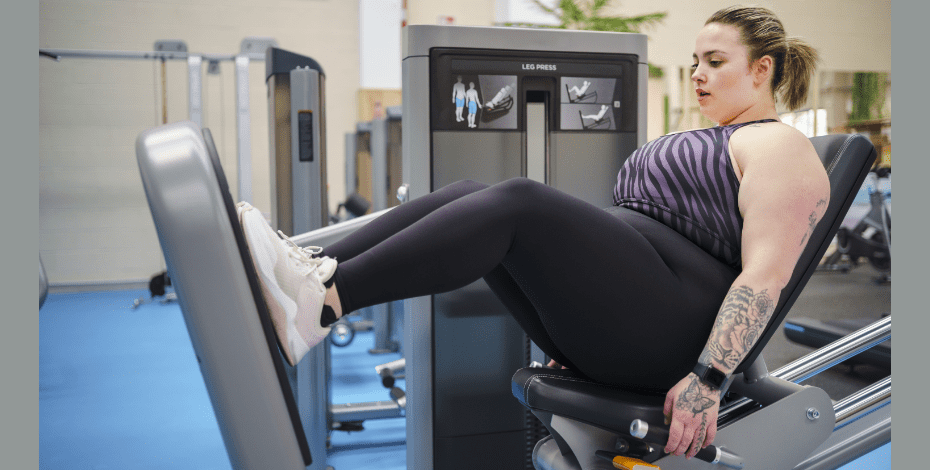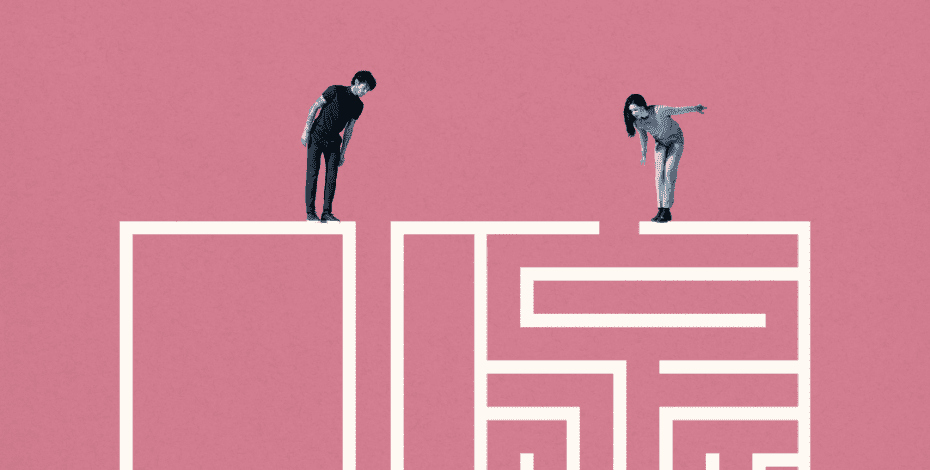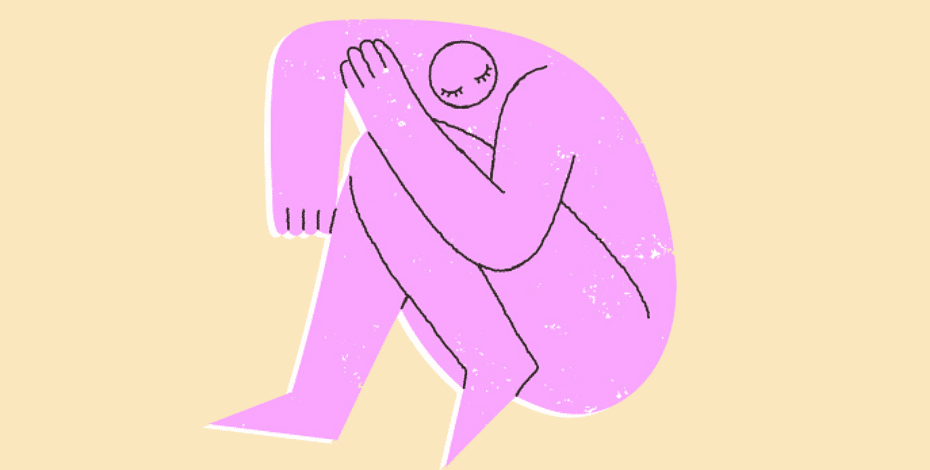
Navigating the road less travelled

As the chief operations officer at the Institute of Urban Indigenous Health in Queensland and with a background in government policy, Donisha Duff is championing change to Aboriginal and Torres Strait Islander health from within.
Donisha Duff admits that her first term on the Board of Metro South Hospital and Health Services in Queensland was a challenge.
As the Board’s first Aboriginal and Torres Strait Islander member, Donisha had to align her community-focused healthcare policy background and simultaneously educate her non-Indigenous Board member peers in a familiar way, but in the unfamiliar territory of a Board environment.
‘A lot of these Boards and Board members have never actually dealt with an Aboriginal and Torres Strait Islander person.
'They’re from a completely different world view, a totally different life experience,’ Donisha says.
‘For me, it was about starting that conversation and educating around what the issues for Aboriginal people are and why they’re important.
'Because if you’re dealing with addressing the most disadvantaged people in the country, it’s going to require a vote from everybody in terms of improving health outcomes.’
That education journey ran two ways after Donisha became a consumer at one of the very hospitals under the Board’s jurisdiction.
Just a few months into her directorship, Donisha was delighted to discover she was pregnant with her first child and she delivered her son, Alistair, at Redland Hospital.
The experience gave her a unique patient perspective which she uses to inform much of her work with the Board and in her role at the Institute for Urban Indigenous Health (IUIH) in Windsor, Queensland.
‘A lot of the work we do involves managing the budget and considering things like planning future direction, but also in making sure that patients have access to services at the right time and the right place, and that those services are patient-focused,’ Donisha says.
‘Being in hospital with my son helped me to see things from the consumer side, how it is to be a patient and where there are learning experiences.’
Donisha has a background in health policy, planning and management with a particular focus on Aboriginal and Torres Strait Islander health.
An Aboriginal and Torres Strait Islander woman from Thursday Island in the Torres Strait, Donisha has more than 20 years’ experience in health and Indigenous affairs, working in the federal government, Queensland Health, Australian Indigenous Doctors’ Association, the National Aboriginal Community Controlled Health Organisation, Kidney Health Australia and as Advisor (Indigenous Health) to the former minister for Indigenous Health, Warren Snowdon MP.
Her appointment to the Board immediately followed her work with Warren Snowdon, and came as a result of her background in policy formation and implementation.
‘I’d just come off working for the Indigenous Health Minister in Canberra, so that put me in the right position,’ Donisha says.
‘I had the right background, the references and the knowledge which would add value to the Board. It’s about positioning yourself and that value add.
'I was surprised the Board appointed me because I was probably younger than what you normally are when you start a Board appointment. Generally they’re for much older people.’
Although young, Donisha’s experience has been quite extensive.
In her prevous role with Kidney Australia, she was part of some exciting initiatives including developing clinical guidelines for the care of Aboriginal and Torres Strait Island people with kidney disease.
She cites the death of Arnhem Land musician Dr Galarrwuy Yunupingu at age 46 as an example of the crippling impacts that kidney failure can have on Indigenous Australians.
Although Dr Yunupingu had received a kidney transplant prior to his death, a high number of Aboriginal and Torres Strait Islanders with kidney disease do not, Donisha says.
‘I’m not a clinician but I had a lot to do with the way patients were clinically assessed. So if you’re Aboriginal or Torres Strait Islander, you’ve generally got multiple chronic diseases as well.
'With kidney disease there are issues about the grafting and the taking of a kidney, adherence to medication, follow-up and access to follow-up services and the fact that most of the Aboriginal and Torres Strait Islander people who require a kidney transplant live in remote locations.
‘There are some clinical differences needed to be considered. And to be considered from a patient perspective as well.
'That was the case of my grandfather when he passed away. He was 98 and his kidneys were failing, and at the end of the day he said “I want to die, take me home. I want to be with my family. I want to die on country”.
'Clinical guidelines should allow for that in a culturally sensitive way.’
In her primary role with the IUIH, Donisha helps manage a number of business units within IUIH operations.
IUIH is the Aboriginal and Torres Strait Islander Health provider in south-east Queensland, delivering a wide range of allied health services including physiotherapy.
The organisation also works with standalone Aboriginal medical services, across Queensland, to extend their reach and services throughout the state.
‘If you’re an Aboriginal or Torres Strait Islander client, you can walk into any of our clinics and have access to the same range and quality of services. We operate clinics in the north of Brisbane right up to Caboolture.
'It’s not just allied health, there’s also dental, optometry, audiology, and we have visiting specialists too.
'We’ve got a paediatrician who does child health assessments and we have other programs which integrate into hospitals and outside of hospitals, as well,’ Donisha says.
Part of Donisha’s role includes facilitating a program that assists families or individual Indigenous clients to navigate the healthcare system in order to have medical procedures performed.
This service includes transporting patients to and from their procedures, ensuring they have access to medications and managing follow-up appointments.
‘It’s pretty seamless and it’s a good-quality health service that is provided,’ she says.
An initiative of UIH is the preventative health-focused Deadly Choices program, which runs nationally and aims to empower Aboriginal and Torres Strait Islander people to make healthy choices for themselves and their families—to stop smoking, to eat good food and to exercise daily.
Deadly Choices also encourages Aboriginal and Torres Strait Islander people to access their local community controlled health service as well as complete an annual health check.
‘We distribute Deadly Choices shirts with numbers on the back, so we know who has had their health check. So, if they’re wearing 21 on their shirt it means they’ve had their health check for that year (2021), which is good.
'It’s an incentive for keeping an eye on people in the community to ensure they look after their health,’ Donisha says.
IUH is one of the largest providers of the aged care home and community support packages in Australia, and recently won the 2020 prime Super Employer Excellence in Aged Care award.
Donisha says IUH also provides disability support and is currently working towards accessing the National Disability Insurance Scheme (NDIS).
‘We’re actually starting to look at service delivery, as well, because we have a range of allied health providers that we employ. And physiotherapy is one of our biggest areas of demand for the NDIS.’
© Copyright 2024 by Australian Physiotherapy Association. All rights reserved.






